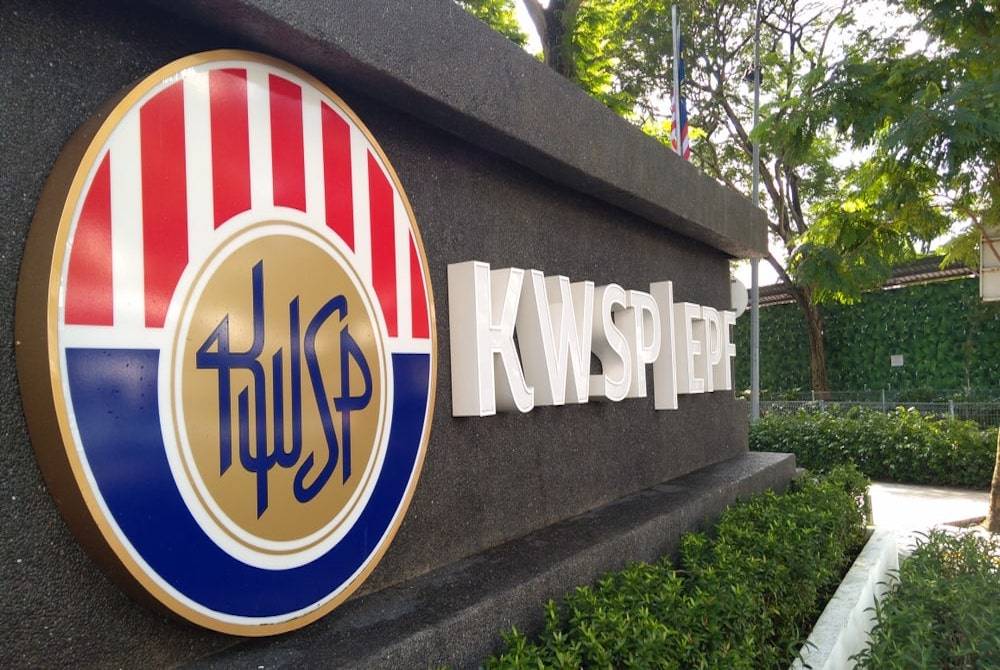EPF Account 3 withdrawals mostly used for debt repayment, survey reveals
The survey highlighted that many allocated these funds to address urgent financial needs, highlighting the positive impact of EPF’s withdrawal flexibility in difficult times.

KUALA LUMPUR – As Malaysia continues to navigate the challenges of rising living costs and economic uncertainties, financial preparedness has never been more critical.
For many, managing day-to-day expenses while planning for the future can be a delicate balancing act.
With the introduction of flexible withdrawal options, the Employee Provident Fund (EPF) has offered a vital safety net for Malaysians in need of immediate financial relief.
But how are Malaysians making use of these withdrawals?
A recent survey by RinggitPlus shows that Malaysians used their EPF Account 3 withdrawals responsibly, primarily to repay debt and manage the rising cost of living.
The survey highlighted that many allocated these funds to address urgent financial needs, highlighting the positive impact of EPF’s withdrawal flexibility in difficult times.

RinggitPlus chief executive officer Yuen Tuck Siew expressed optimism about the responsible use of these funds, particularly in light of the ongoing national conversation on retirement readiness.
"Organisations like EPF have been very open about the challenges we face as a nation in being fully financially prepared for retirement.
“It’s encouraging to see that the efforts of EPF and other players in the industry are making a positive impact, with more Malaysians being prepared for retirement," Yuen made this statement at Menara Etiqa Bangsar, here today.
RinggitPlus has revealed the findings of its 2024 Malaysian Financial Literacy Survey (RMFLS), an annual study that delves into the financial habits, challenges, and outlook of Malaysians.
This year’s survey involved 3,319 respondents aged 18 and above, ensuring a balanced representation in terms of gender, race, age, and location to guarantee reliable outcomes.
The results highlighted improvements in several key areas, with positive signs of increased financial security and well-being.
However, the survey also stressed the growing need for greater digital financial literacy across the nation.

Also present at the event were PayNet Malaysia chief marketing officer Gary Yeoh, FWD chief marketing officer Susan Ong, CTOS Community Outreach and Events Manager Noor Hazwani Mohamad Noor and Alliance Bank’s Consumer Banking head Gan Pai Li.
“Overwhelmingly, respondents indicated that they used the funds to pay down expensive debt or cover the daily rising cost of living. It’s clear that Malaysians have been very responsible with those withdrawals,” Yuen added.
With rising costs being a major concern for many Malaysians, the survey highlighted the importance of careful financial management.
Yuen also pointed out the potential for financial relief as the Malaysian ringgit strengthened, as a stronger currency would reduce the cost of imported goods and ease the pressure of living expenses.
When asked about other financial products like Buy Now, Pay Later (BNPL) scheme, Yuen said while BNPL could be a helpful tool if used correctly, it was essential for individuals to fully understand the product and ensure timely payments.
“It's just like any financial product, such as a credit card. If used appropriately and you're able to make the payments, then why not? It allows you to balance your payments and save more money. The key is making sure you understand the product you're using.”
The survey findings, he added, suggested that Malaysians had become more financially savvy, especially when it comes to balancing short-term financial needs with long-term planning.










